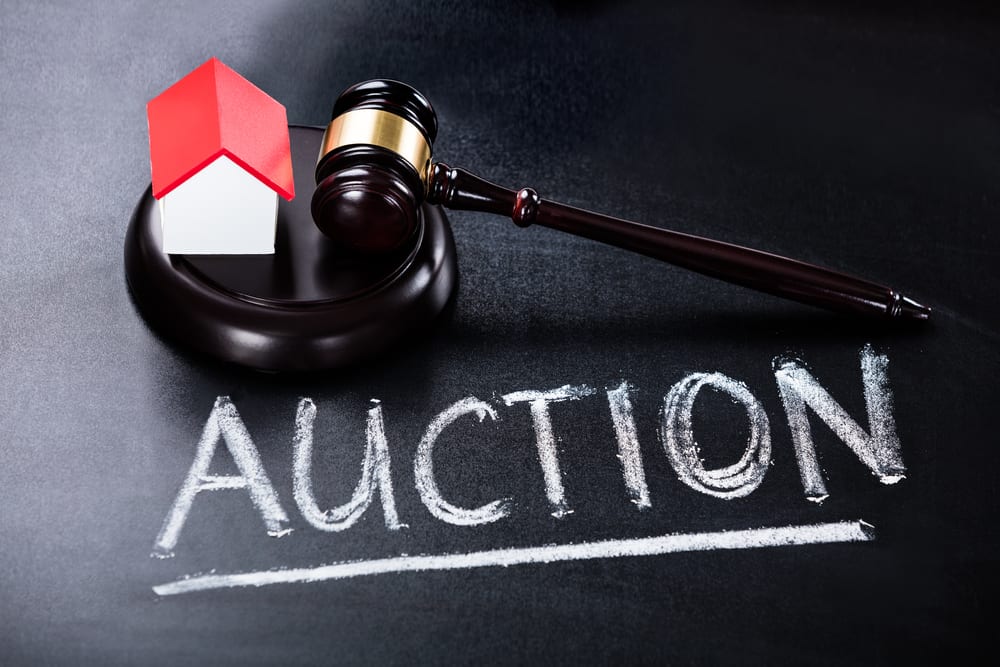Public House Auctions: What You Need to Know
Public House Auctions: What You Need to Know The world of property transactions is vast and varied, but there’s one area that consistently captivates seasoned investors and first-time buyers alike: public house auctions. These events, filled with excitement, potential, and opportunity, have gained increasing attention as a way to secure property at prices that might otherwise seem unattainable. Whether you’re a potential homeowner, a property enthusiast, or an investor looking for an edge, public house auctions offer something for everyone.
Navigating the world of auctions, however, requires a blend of strategy, research, and a little bit of guts. It’s not merely about winning a bid; it’s about ensuring that the property you secure is a sound investment or an ideal new home. Understanding the intricacies of public house auctions can help you unlock hidden bargains and opportunities that are otherwise buried in traditional real estate channels.

What Are Public House Auctions?
At their core, public house auctions are events where properties, usually seized or foreclosed by financial institutions, are put up for sale to the highest bidder. These auctions take place in public spaces and are open to anyone who wants to participate. They are distinct from private sales because they invite anyone with the necessary funds to compete for properties.
When a homeowner defaults on their mortgage or a business fails to meet its financial obligations, the bank or lending institution will often resort to auctioning off the property to recoup their losses. This presents a unique opportunity for savvy buyers to acquire properties at below-market prices. However, participating in public house auctions isn’t as simple as showing up with cash in hand and hoping for the best—it requires thorough preparation, knowledge of the process, and a clear understanding of the potential risks.
Why You Should Consider Public House Auctions
There are several reasons why public house auctions are an attractive option for potential buyers and investors.
1. Access to Below-Market Prices
One of the primary draws of public house auctions is the potential to acquire properties at prices significantly lower than their market value. This can happen for several reasons:
- The bank or lender wants to offload the property quickly.
- The property may have been abandoned or neglected, affecting its market price.
- Auctions provide a quicker resolution to legal and financial disputes, which can make the price more attractive.
For investors looking to flip houses or landlords aiming to expand their portfolios, these price points can provide a substantial return on investment with the right strategy.
2. A Wide Variety of Properties
Another benefit of public house auctions is the sheer variety of properties available. You might find:
- Residential homes
- Commercial properties
- Land and vacant lots
- Historical buildings
- Mixed-use properties
Whether you’re in the market for a family home, a vacation property, or an investment project, the wide range of properties available at public house auctions makes it easy to find something that fits your needs.
3. Transparency of the Process
Public auctions are generally open and transparent, which means that all participants are on an equal footing. The auctioneer’s gavel strikes down when a property’s bid reaches its highest price, ensuring that the process is as fair as possible. There are no hidden negotiations or behind-the-scenes deals; what you see is what you get.
For those who appreciate transparency in their real estate transactions, public house auctions offer a refreshing approach to buying property.
How Do Public House Auctions Work?
Understanding the mechanics of public house auctions is essential to preparing for success. While each auction may vary slightly depending on the jurisdiction and auction house, the general process follows a similar pattern:
1. Registration
Before participating in a public house auction, you will need to register with the auction house. This is usually a simple process that involves submitting your details and providing proof of funds. The proof of funds requirement ensures that bidders are financially capable of fulfilling their obligations should they win the auction.
2. Previewing the Properties
Most auction houses will allow you to preview the properties before the actual auction day. This is an essential step, as it allows you to assess the condition of the property and any potential issues it may have. You may even be able to schedule an inspection, although access can sometimes be limited due to the nature of the sale.
3. The Auction Itself
On the day of the auction, the property will be presented, and the bidding will begin. Auctioneers typically start with an opening bid, and then participants will raise their bids until no one else is willing to offer more. The highest bid when the gavel falls becomes the winning bid, and the buyer is legally bound to purchase the property.
It’s crucial to remember that public house auctions are “as-is” sales. This means that once you’ve won the bid, you inherit the property with all its existing faults or issues. Some auction houses provide minimal information regarding the property, so it’s essential to have done your due diligence beforehand.
4. Finalizing the Sale
After the auction, the buyer must immediately sign a purchase contract and pay a deposit, often ranging from 5% to 10% of the winning bid. The remaining balance is typically due within a short time frame—often within 28 days. If the buyer fails to pay within this period, they may forfeit their deposit, and the property may be relisted for sale.
What to Know Before Attending a Public House Auction
While the prospect of securing a property at a fraction of its market value is enticing, public house auctions come with certain risks. It’s crucial to prepare thoroughly before attending an auction to ensure you’re making a sound investment.
1. Do Your Research
Research is one of the most important steps before bidding at a public house auction. Here’s what you should focus on:
- Property History: Make sure to understand the property’s background, including previous ownership and any legal disputes that may affect the sale.
- Location: A property’s location significantly impacts its value. Investigate the neighborhood, local amenities, and overall market trends.
- Condition of the Property: If possible, view the property in person or request a detailed inspection report. Understand the amount of work that may be required to make the property livable or marketable.
2. Have Your Finances in Order
Auction houses typically require that bidders provide proof of funds or pre-approval from a financial institution. Many auctions also require a deposit upfront. Make sure you have access to the necessary funds before attending the auction.
3. Set a Budget and Stick to It
It’s easy to get swept up in the excitement of an auction, but it’s crucial to remain disciplined. Set a maximum bid for yourself before the auction starts and stick to it. Overspending can turn what should be a profitable venture into a costly mistake.
4. Understand the Fees
Aside from the bid amount, there may be additional fees to consider when buying property through public house auctions. These can include:
- Auction house fees
- Legal fees
- Transfer taxes
Be sure to account for these additional costs when calculating your budget.
Risks Associated with Public House Auctions
While public house auctions offer many benefits, they are not without their risks. Understanding these potential pitfalls can help you navigate the process more confidently.
1. Property Condition
Properties sold at auction are typically sold “as-is,” meaning the buyer assumes responsibility for any repairs or issues. Sometimes, properties may have hidden defects that are not immediately apparent during the preview.
2. No Warranty
Unlike traditional real estate transactions, there is no warranty offered with auctioned properties. You are buying the property in its current state, without guarantees regarding its condition, value, or future appreciation.
3. Legal Complications
Legal issues such as unresolved liens, zoning disputes, or tenants who refuse to vacate can complicate an auction purchase. It’s essential to investigate any legal encumbrances before placing a bid.
4. Competitive Bidding
The competitive nature of auctions can drive prices up quickly, making it easy to get caught up in a bidding war. It’s important to know your financial limits and not let emotions dictate your bidding strategy.
Conclusion: The Thrill and Reward of Public House Auctions
For those with the right preparation, public house auctions offer an exciting and potentially rewarding way to enter the real estate market. Whether you’re looking to buy a new home, invest in property, or simply see what’s available, auctions provide opportunities that traditional real estate channels often miss.
However, success at a public house auction doesn’t come by chance. It requires research, careful planning, financial discipline, and an understanding of the potential risks involved. By arming yourself with knowledge and setting clear expectations, you can make the most of the opportunities that public house auctions present.
The excitement of the gavel falling, the potential for a great deal, and the thrill of securing your next property all make public house auctions an attractive option for buyers and investors alike. Are you ready to take the plunge?







